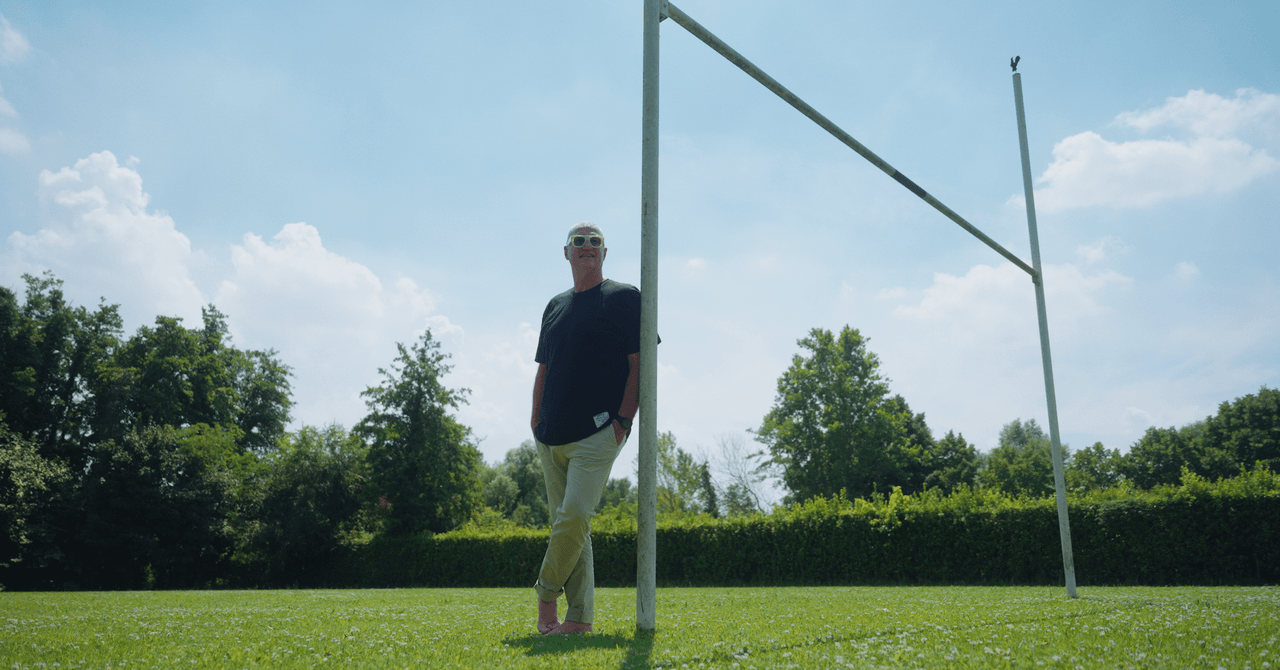“I had no reference to mental health. My reference was One Flew Over the Cuckoo’s Nest. I thought that I was just going insane. And, you know, [my doctor] said, ‘JK, it’s an illness, not a weakness, and you can get better.’” Kirwan remembers how useful he found it when the psychiatrist explained his illness in injury terms. “She said, ‘what would you do if you had a tight hamstring?’ I said, ‘I’d stop, ice it, and go and see the physio.’ She said, ‘Your brain is no different.’”
In the modern era, many people including elite athletes are opening up about their mental health journeys, and the values of seeking treatment, or taking breaks. But in the ‘90s, mental health was not openly discussed, and the stigma was overwhelming. Similarly, today, many health problems are still considered taboo to talk about. “I think vulnerability is probably the biggest strength you can have,” Kirwan says. “Because my mental health journey, especially for New Zealanders, has been so public, people see that vulnerability and feel comfortable talking to me about it. The most important thing is your health. You must share it because a problem shared is a problem halved.”
In 2005, after his retirement, Kirwan was queuing for a test match. “A young man in a suit came up next to me and he tapped me on the shoulder, said, ‘Hi JK, if it wasn’t for you, I’d be dead.’ If we can have the courage to share every day, then we start changing our society.”
Discover more at Bupa – YouTube
